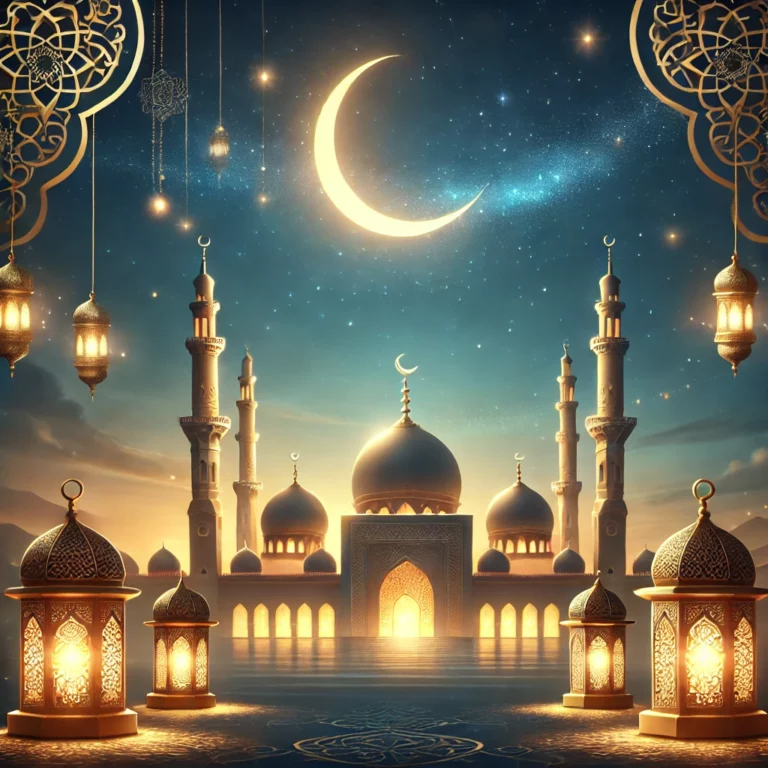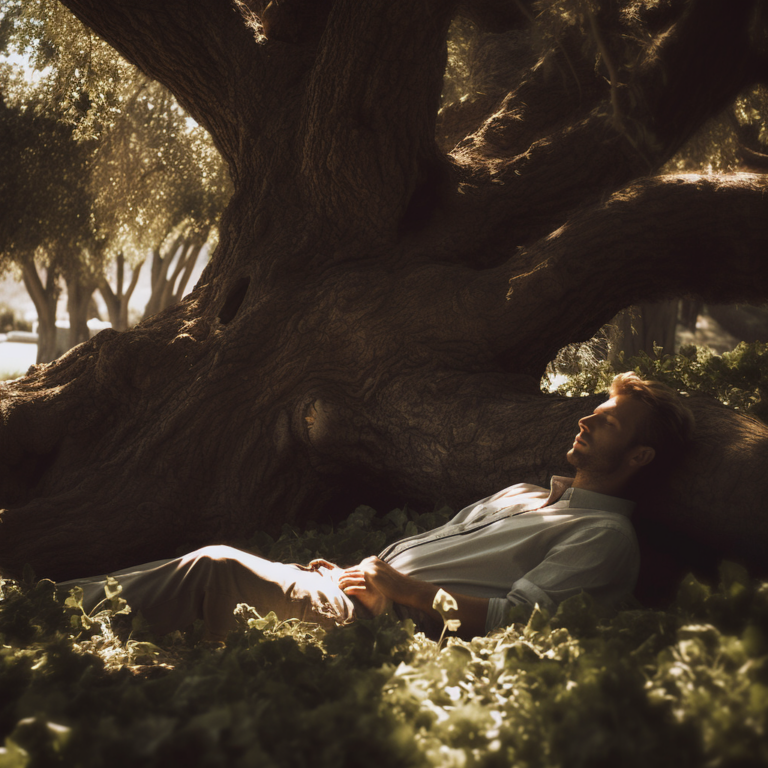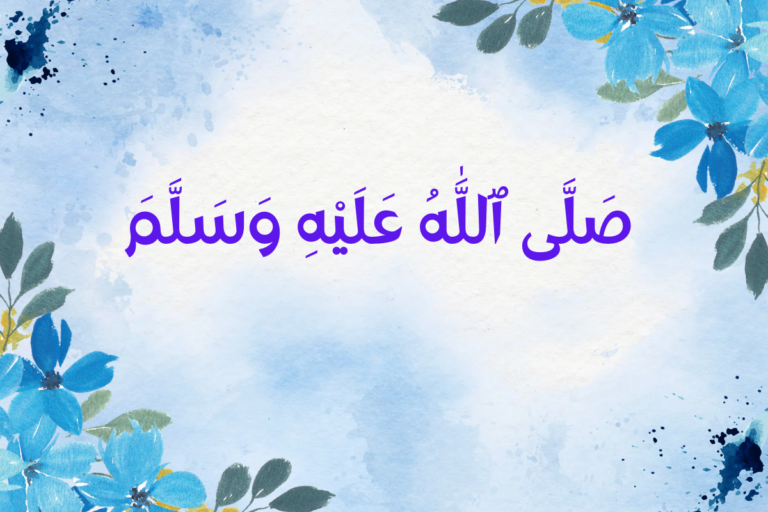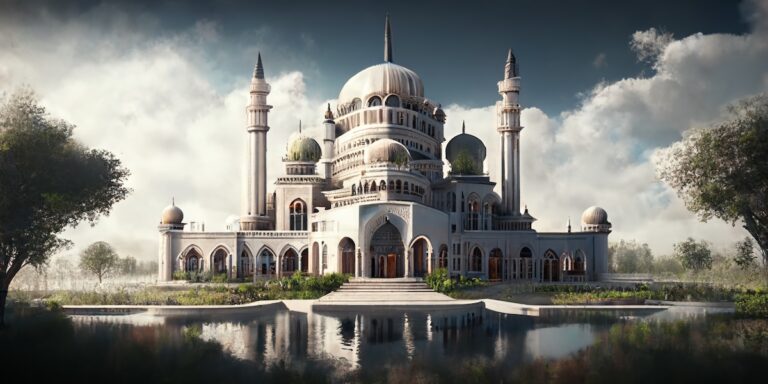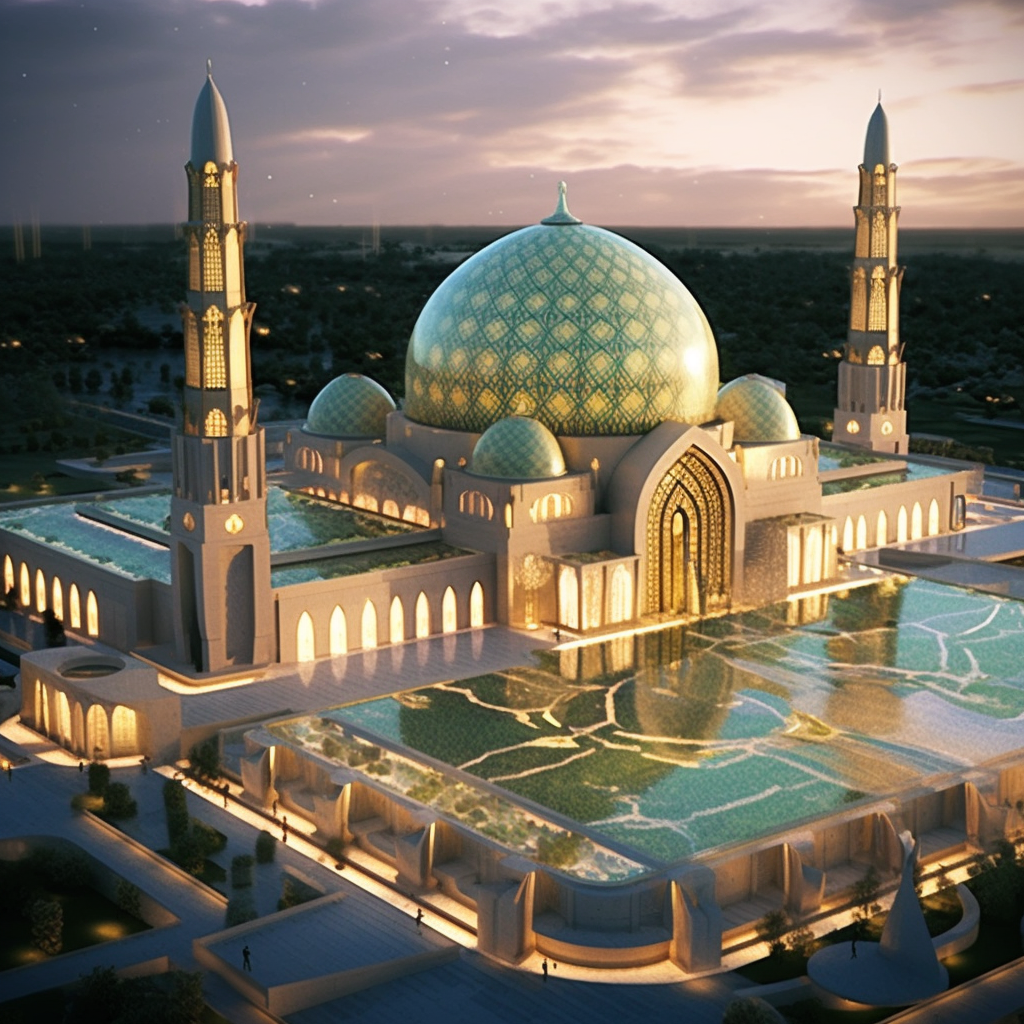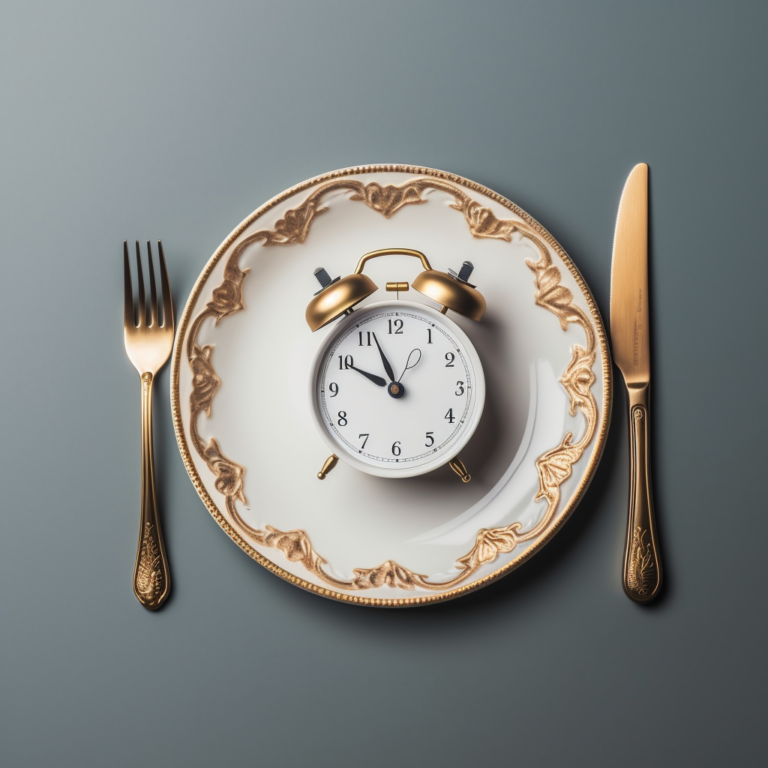Find Mosques Near New York Easily
New York City, the city that never sleeps, is renowned for its multicultural fabric and vibrant communities. Its Muslim population plays a significant role in shaping this diverse landscape. While official estimates put the muslim population at approximately 8.1% of the city’s total population it’s possible that the actual muslim population is a lot more than that.
In this article, we delve into the thriving Muslim community of New York City, its cultural contributions, and its impact on the city’s rich history of diversity.
A Dynamic Muslim Population
New York City’s Muslim community is a dynamic force within the city’s multicultural makeup. While official estimates place their population at a little over 700k, it is widely believed that the true number surpasses a million. This discrepancy arises from various factors, including undercounting, undocumented immigrants, and the diverse range of individuals who identify with Islam but may not necessarily be actively practicing.
Cultural and Ethnic Diversity
The Muslim population in New York City represents a kaleidoscope of cultural and ethnic backgrounds. Individuals from Arab, South Asian, African, Caribbean, and other communities have found their homes in the city. This rich diversity within the muslim community contributes to the vibrant tapestry of New York City’s multicultural landscape, fostering intercultural dialogue, and enhancing understanding among different communities.
Community Organizations and Services
New York City is home to numerous community organizations and institutions that cater to the needs of its Muslim residents. These organizations provide essential services such as social support, healthcare, legal assistance, and educational programs. They play a vital role in uniting the muslim community, promoting civic engagement, and addressing the unique challenges faced by muslims in the city.
Islamic Centers and Mosques
New York City boasts a wide array of mosques and Islamic centers that serve as spiritual hubs and community gathering places. From iconic landmarks like the Islamic Cultural Center of New York in Manhattan to neighborhood mosques spread across the boroughs, these centers provide spaces for prayer, religious education, and community events. They act as focal points for the Muslim community, fostering a sense of unity, spirituality, and social cohesion.
Contributions to Arts, Culture, and Society
The Muslim community in New York City actively contributes to the city’s arts, culture, and society. Muslim artists, writers, musicians, and performers showcase their talents in various exhibitions, festivals, and cultural events. This participation enriches the city’s cultural fabric and provides opportunities for cross-cultural exchange, fostering mutual understanding and appreciation among diverse communities.
In conclusion, New York City’s Muslim community, diverse in its cultural and ethnic identities, forms a dynamic part of the city’s multicultural soul. Their active presence and contributions in a range of sectors, from community organizations to arts and culture, enrich the social and cultural landscape of the city. The numerous mosques and Islamic centers across the boroughs not only serve as spiritual hubs but also promote social unity among community members. Despite challenges, the Muslim community continues to thrive and enhance the city’s diversity, fostering an atmosphere of intercultural dialogue and mutual understanding.

